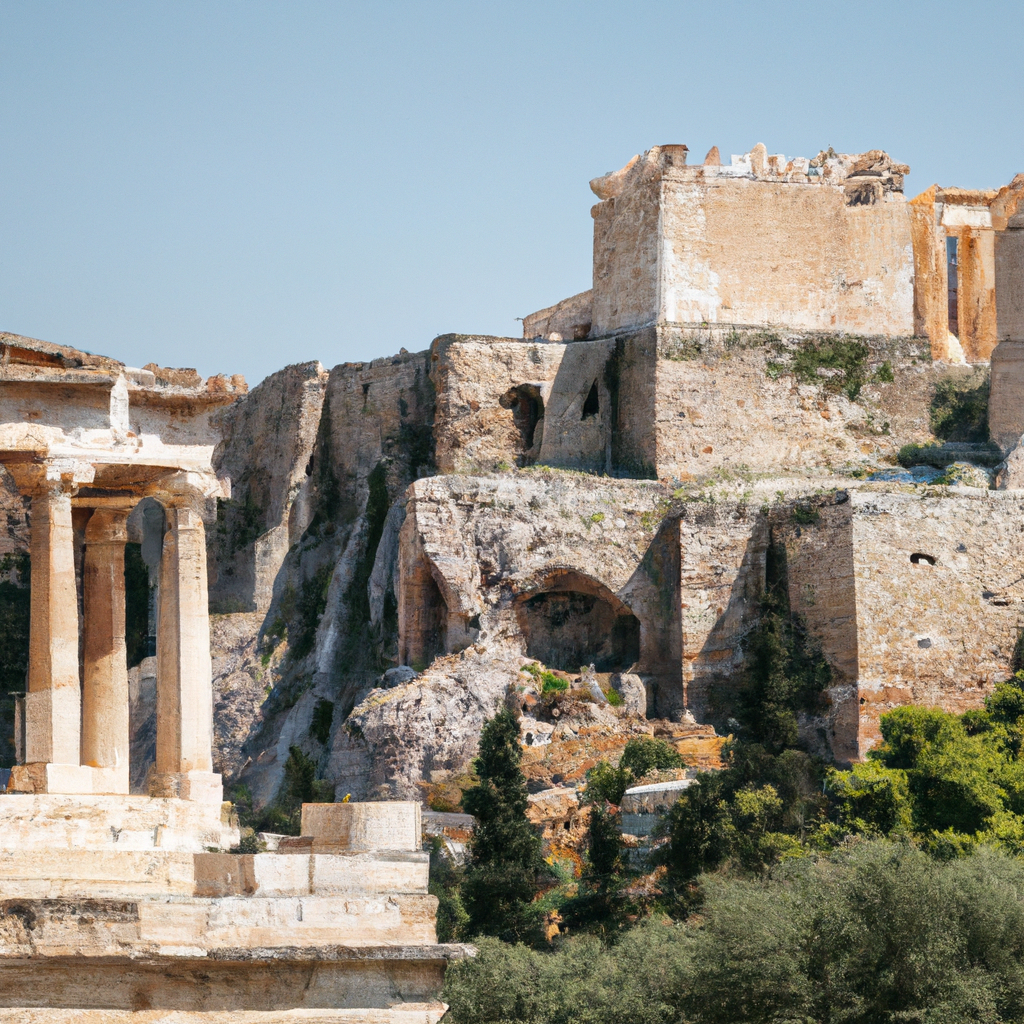
In the land where history whispers through the ruins, a modern peril casts its shadow across centuries-old stones. Greece, the cradle of Western civilization, now faces a challenge far removed from the mythic battles of old: a brutal heatwave of unprecedented ferocity. As temperatures soar, even the stoic Acropolis, a beacon of ancient culture and architectural prowess, has not been spared.
This decision to close the Acropolis, a 3,000-year-old complex, was not made lightly. It reflects a profound respect for both the preservation of historical treasures and human health. The limestone steps and marble pillars, which have withstood the ravages of time, war, and natural disasters, now repel the visitors they once welcomed. The closure is a protective gesture, serving as both a shield for the weary workers and a respite for the bustling tourists who seek to commune with the glories of the past under the relentless blaze of the present.
The juxtaposition of enduring art with ephemeral environmental extremes paints a poignant picture. It elicits a dialogue between the age-old human impulse for creation and the modern imperative for conservation. Athens, enveloped in a haze of heat, might on one hand seem a mirage from which the grandiosity of ancient Greece emerges. On the other, it signals a stark reminder of the transient nature of human achievements, vulnerable to the whims of weather.
The temporary closure of the Acropolis is emblematic of a larger cultural conundrum. In an era where climate change reconfigures our landscapes and redraws the boundaries of human habitability, historical sites around the world face new threats. The necessity to safeguard these places against the environmental onslaught is more urgent than ever. How do we maintain access to our cultural heritage, while protecting it from the very human-induced conditions that threaten its survival?
This interlude, enforced by nature's fury, serves as a moment of reflection. It invites a reconsideration of our roles as stewards of both our cultural and natural environments. As the globe grapples with the escalating impacts of climate change, Athens’ pause may well be a harbinger of similar decisions worldwide, challenging us to rethink how we interact with our most precious historical legacies in an age marked by rising thermometers.
The silent stones of the Acropolis will speak again to those who walk its sacred paths. But the narrative may have transformed, infused with lessons learned during its temporary silence. Greeces, a testament to human resilience and artistic endeavor, now stands as a frontline in the battle against environmental degradation. The closure of this iconic site is not merely an isolated event—it's a call to action, echoed in the crumbling frescoes and parching earth.
As the world watches, may this historic pause inspire a renewed commitment to the safeguarding of our shared heritage against the encroaching shadows of climate change. For in the balance hangs not just the legacy of ancient architects but the living heritage of humanity itself.